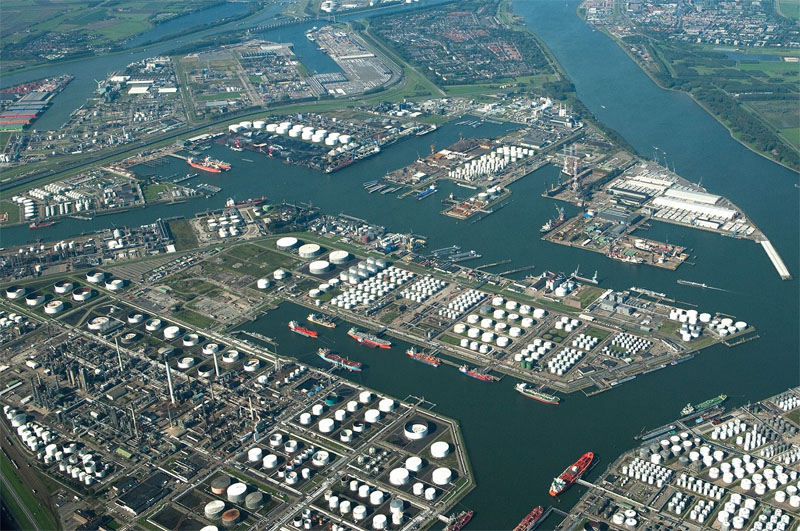Trade volatility and regional conflicts knock Rotterdam’s first quarter figures
Volumes at Europe’s largest port show impact of regional trade uncertainty even before Trump tariffs were announced.
Cargo volumes handled at the Port of Rotterdam fell by nearly 6% in the first quarter of 2025, even before shipping is hit by Trump’s tariffs.
Both dry and liquid bulk throughput fell significantly year-on-year over the first three months. Europe’s largest port handled 28% less iron ore and scrap and more than 17% less coal. However, this was largely offset by higher volumes of agribulk and other dry bulk cargoes following the commissioning of a new bulk terminal. The net figure was an 8.6% reduction.
The sharp fall in iron ore, analysts at the port explained, was down to lower production levels in the steel sector. Meanwhile, the decline in coal throughput was a result of a continuing decline in the use of coal in power generation.
A decline was evident too across liquid bulks, down by 8.8%. Only LNG notched up a small increase.
Containers and roro traffic both fell by small margins over the period, 1.1% and 1.8% respectively, but general cargo volumes rose by more than 11%. The overall net result was a decline in the port’s total throughput of 5.8%.
Second quarter volumes could well continue to decline as European exporters face import duties on the other side of the Atlantic. Uncertainties on US tariffs remain, however, with financial markets deeply unsettled by the lack of economic stability.
The Port of Rotterdam’s CEO, Boudewijn Siemons, commented: “The first three months of this year were characterised by a high degree of volatility in world trade as a result of threatened import duties in the United States and conflicts in Ukraine and the Middle East. This volatility has led to uncertainty among companies in the areas of trade and investment. We see this reflected in throughput volumes and the willingness to invest. In these uncertain times, it remains as important as ever that, together with national and European governments, the Port of Rotterdam continues to work towards a competitive European investment climate.”





